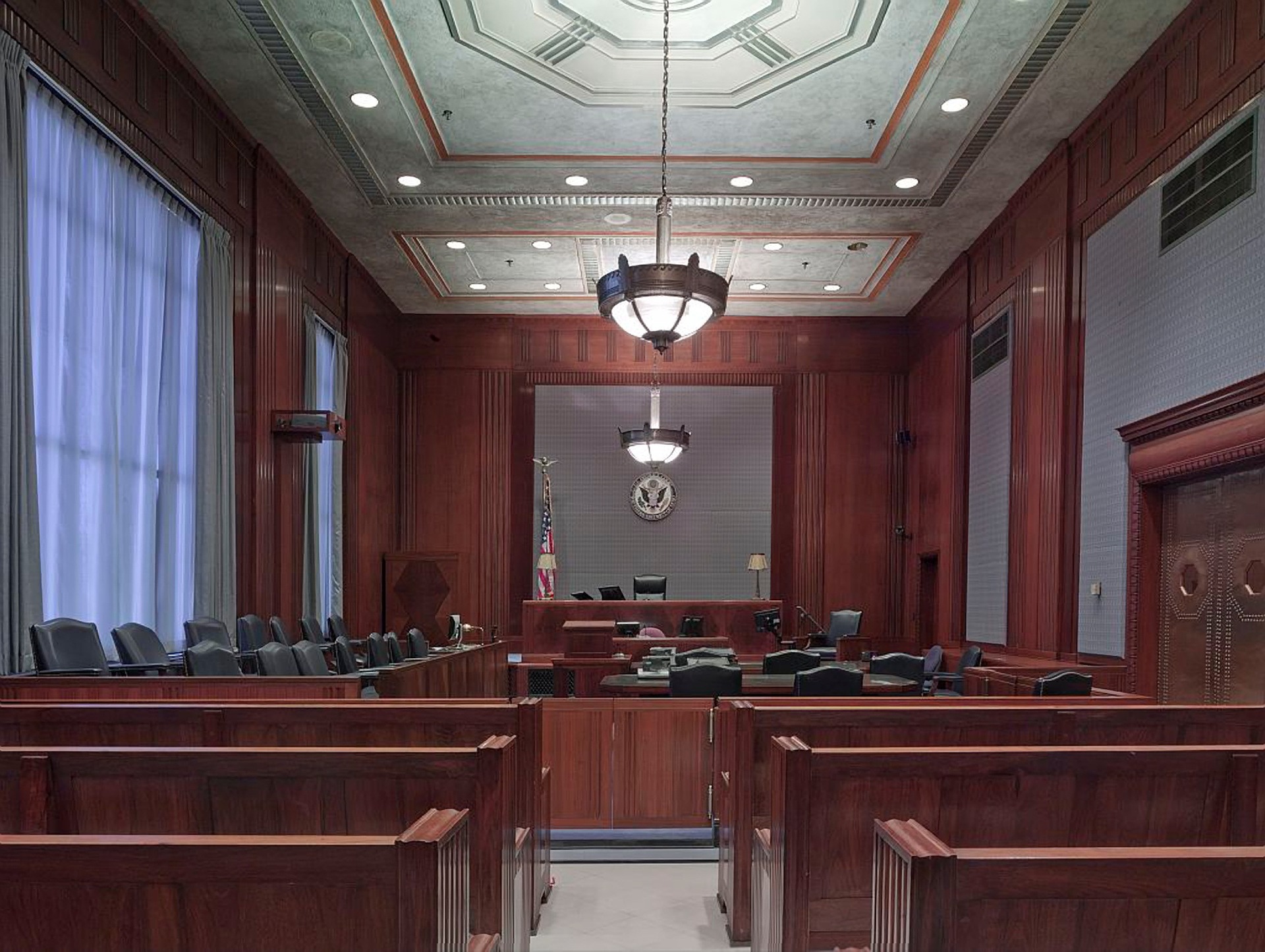When you are injured because of someone else’s negligence or carelessness, you want to be made whole for your troubles. Medical bills, lost wages, and loss of mobility should all be reimbursed. Still, a victim typically cannot successfully receive everything they deserve without the help of a personal injury attorney. There are several sources of compensation – beginning with your own insurance company. Once you have reached the limits of your policy, you may wish to sue the other party’s insurance company – and beyond that, you may want to sue the individual personally. Each of these steps has many nuances, and an attorney may refuse to take on your personal injury case. Here are the circumstances which may cause us to reject a case.
The first step of the process is to explain your situation to a personal injury attorney experienced in the type of case you are looking to pursue. After a comprehensive assessment of the relevant facts and available evidence, the attorney will share their professional opinion about the case’s merits. If a personal injury attorney determines that the law is not on your side, they will likely refuse the case.
Why an Attorney May Reject your Case
They Project Insufficient Damages: Sometimes, a personal injury attorney may reject a case whether or not it has a legal basis. Even if the attorney thinks they can win, they may believe that the projected court award will be too low to justify their efforts. Most personal injury attorneys work on a contingency basis, meaning that they are not paid upfront. Instead, they are paid a percentage of the eventual amount awarded by the courts. Because they only get paid if they win, attorneys will typically not take a case they do not see winning. Attorneys may also reject a client if they believe the award will be low and not pay them sufficiently for their time.
There is Not Enough Evidence: A personal injury lawyer may decide not to take a case if they believe the available evidence insufficient to convince a jury to rule in your favor. Plaintiffs must provide definitive proof backed up by witnesses, videos, documents, and photos to support their version of the incident. If an attorney believes that it would be too difficult to prove your claims, they may refuse to accept the case.
The Statute of Limitations has Expired: In past blogs, we have explained the statute of limitations, which defines the acceptable period that a plaintiff has to file a claim. An attorney may not have the ability to file your claim if too much time has elapsed. This is true even if you have overwhelming evidence, which is why it is essential to contact an attorney as soon as possible after an accident occurs.
The Defendant Can’t Pay: Once you have exhausted your compensation options from both insurance companies, you may wonder if you can sue the offending party directly. Even if you win your case, the defendant may not have the financial resources to actually pay you. If you do not get paid, either does your lawyer. Therefore, your attorney may determine that going through the process is a futile effort. They will conduct a background check and confirm the defendant’s assets and resources before making this decision.
With all this being said, you should never forgo seeking legal assistance if you believe you have a case. At Probinsky & Cole, we are happy to meet with you, discuss the situation, review the evidence, and then make our professional recommendation for your best course of action.








